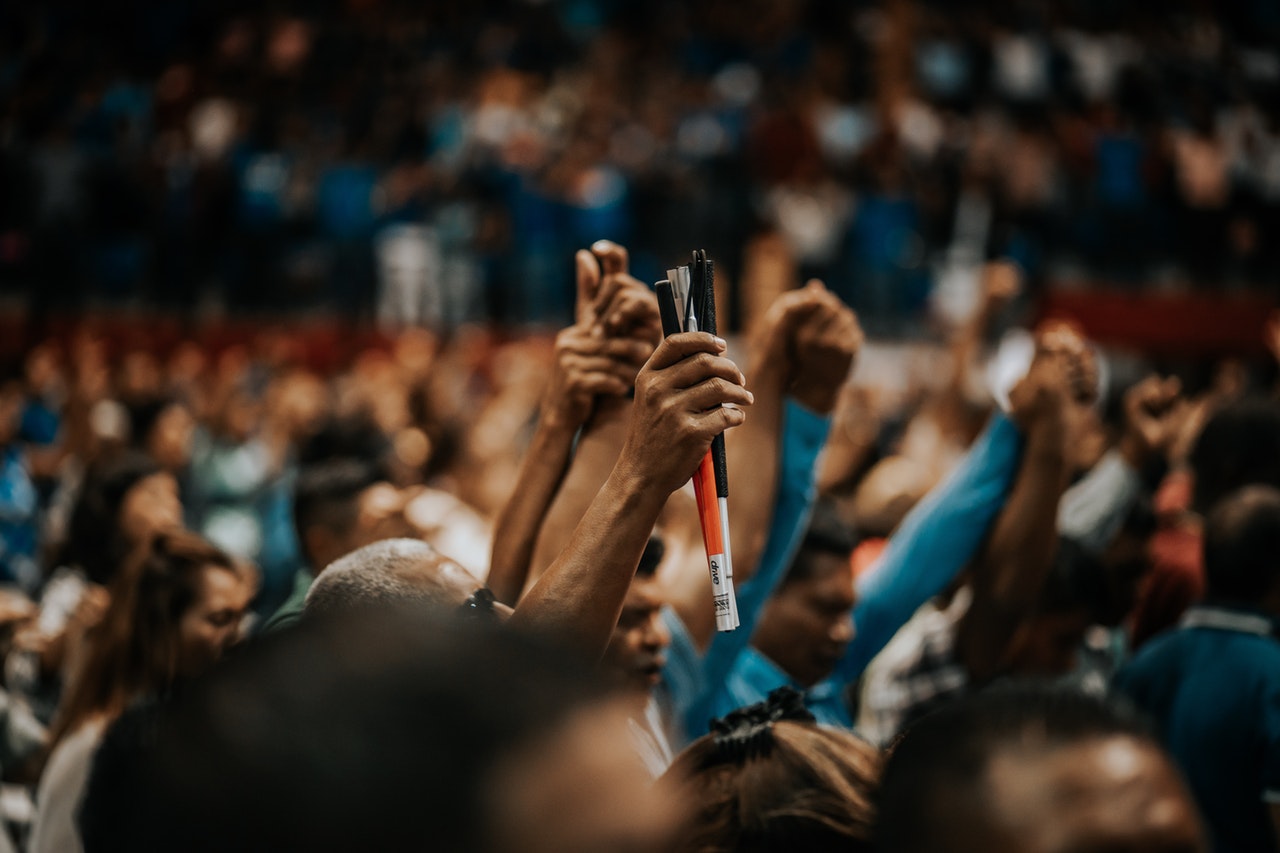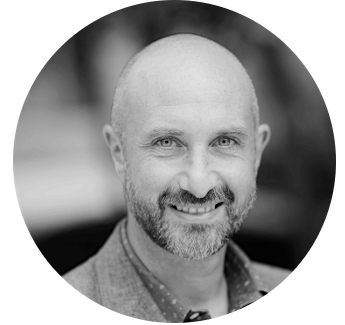You, Too, Can be a Powerful Special Interest Group!
Take a minute and think about the most powerful, influential special interest groups in American politics. On the one hand, you have groups like the National Rifle Association or the National Right to Life Committee. Their power derives from their ability to mobilize passionate, single-issue voters. A hard core gun nut will vote against his own mother if she favors even toothless restrictions on military-grade weaponry. A relatively small block of such people can be politically potent, since their organizers can credibly claim to influence the entire group’s voting behavior based on a single issue.
Then there are groups like the AFL-CIO. Their power derives from their ability to form diverse coalitions around delicately constructed compromises. I mean really, how much do the Sheet Metal Workers International Association, the National Association of Letter Carriers, and the Screen Actors Guild (all AFL-CIO unions) actually have in common?
Sadly, the non-profit arts community fails at both models. Our problem is that we act like the first group but our membership is more like the second. We all dutifully rally around the idea of increased NEA funding, but that (along with maybe support for arts in education) is the only issue on which we ever speak with one voice.
Now ask yourself, if a candidate for public office were a staunch supporter of the NEA but was also pro-gun, pro-life, and anti-gay, how many of us would vote for him?*
If we’re to succeed as advocates, it won’t be because we’re single-issue voters. It will be because of our ability to form strategic coalitions, to articulate our positions thoughtfully and persuasively to a broad audience, and to develop a smooth political pragmatism despite our idealistic proclivities. As a field, we must broaden our views of both the political process and the issues themselves.
This isn’t just good politics; it’s good policy as well. It’s comforting to think that we can reduce our advocacy agenda to a single number: did NEA funding go up or down this year? But this is a false comfort rooted in a dangerously narrow understanding of the world in which we live and work. The truth is that public funding represents just one (relatively small) policy lever that impacts our field.
What might a broader view look like in practice? Here’s an off-the-cuff laundry list:
- Let’s reach out to the millions of Americans who sing in amateur choruses, act in community theatre, or participate in scrapbooking clubs. What would it take to mobilize these constituencies? We could start by including them in our definition of the field and abandoning the elitist notion that only MFA graduates make art. Big tents have more voters.
- Urban cultural clusters are hugely important parts of the arts ecosystem, but they can’t survive without healthy cities. How can we join forces with advocates for affordable housing and high-speed rail? Let’s reposition ourselves from naïve drivers of gentrification and displacement to agents of community empowerment.**
- The internet has revolutionized content delivery and made it possible for us to reach vastly larger audiences than ever before. If this tremendous potential isn’t to be snuffed out by big media, we must join the fight for net neutrality. We should also make it clear that the RIAA and the MPAA don’t represent our interests in the fight over copyrights.
- Congress is threatening to eliminate the Corporation for Public Broadcasting. PBS and NPR provide essential infrastructure for the cultural sector. Not only are they distribution channels for high quality work that no for-profit outfit would touch, but they actually send their critics to our shows. The CPB needs some friends right now and we should be at the front of the line.
- Amid a generally dysfunctional health insurance system, few industries have been as poorly served as the arts. Yet when it comes time to discuss health insurance reform, most of us are silent, while the rest stake out ideologically admirable positions (e.g., single payer) that in practice amount to political suicide. We must learn to compromise and accept incremental improvements when radical change is impossible.
- We’ve got to get serious about data and research. With apologies and sincere respect to the folks in our field who work to document and promote the economic impact of the arts: we’re just not credible. I’m not saying the arts don’t drive economic development, because I believe they do. But the old “let’s add up every dollar we spend and call that our economic impact” model just isn’t persuasive to serious economic analysts. We’re smart enough and creative enough as a field that we should be able to rethink our analytic framework on this issue.
To be clear: I’m not claiming for a minute that any of this is easy. But this is a bit like a 12-step program; the first step is to admit that the old habits aren’t working. For my part, I pledge that Fractured Atlas — which reaches 130,000+ artists of every discipline across the country — will begin to take a more active role in this arena. Keep an eye on our blog over the coming weeks and months. We’ll do our best to highlight some opportunities to get involved.
— — — — — — — — — — — — — -
*Yes, I know there are conservative artists. I hear there are also liberal drill sergeants. I’m generalizing, but I’m confident the statistics would demonstrate that the stereotypes are more accurate than not.
**I stole that line from my friend Paul Nagle.
About Adam Huttler
Adam Huttler is the founder and Managing General Partner of Exponential Creativity Ventures. As a six-time founder, his career’s through-line has been about helping mission-driven companies use technology to drive innovative revenue strategies. Adam is best known as the founder of Fractured Atlas, a social enterprise SaaS platform that helps artists and creative businesses thrive.


